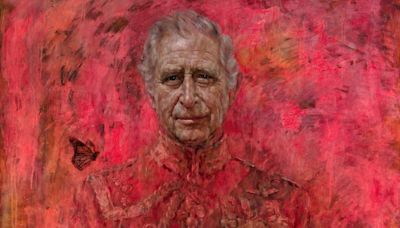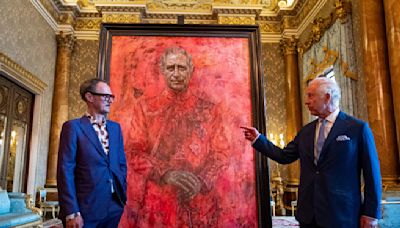Resultado de búsqueda
Philip III (Spanish: Felipe III; 14 April 1578 – 31 March 1621) was King of Spain. As Philip II, he was also King of Portugal, Naples, Sicily and Sardinia and Duke of Milan from 1598 until his death in 1621.
- 13 September 1598 – 31 March 1621
- Anna of Austria
10 de abr. de 2024 · Philip III was the king of Spain and of Portugal (as Philip II) whose reign (1598–1621) was characterized by a successful peaceful foreign policy in western Europe and internally by the expulsion of the Moriscos (Christians of Moorish ancestry) and government by the king’s favourites.
- The Editors of Encyclopaedia Britannica
Felipe III de España, llamado «el Piadoso» ( Madrid, 14 de abril de 1578-Madrid, 31 de marzo de 1621), fue rey de España y de Portugal a desde el 13 de septiembre de 1598 hasta su muerte. Felipe III por Juan Pantoja de la Cruz, realizado en torno a 1601. Museo Kunsthistorisches.
Philip III, painting by Diego Velázquez, 1631–36; in the Prado Museum, Madrid. It was the tragedy of Spain that its ruling classes failed to respond to the social and political problems of the age as creatively as its writers and artists. For this failure there are at least some good reasons.
2 de abr. de 2024 · Philip III (born April 3, 1245, Poissy, Fr.—died Oct. 5, 1285, Perpignan) was the king of France (1270–85), in whose reign the power of the monarchy was enlarged and the royal domain extended, though his foreign policy and military ventures were largely unsuccessful.
- The Editors of Encyclopaedia Britannica
Philip III (1 May 1245 – 5 October 1285), called the Bold (French: le Hardi), was King of France from 1270 until his death in 1285. His father, Louis IX, died in Tunis during the Eighth Crusade. Philip, who was accompanying him, returned to France and was anointed king at Reims in 1271.
Philip III. as Philip III king of Spain from 1598, as Philip II king of Portugal from 1598. Born in Madrid on 14 April 1578. Died in Madrid on 31 March 1621. During his reign Spain was still one of the dominant powers in Europe, a position maintained only through enormous levels of national debt.


